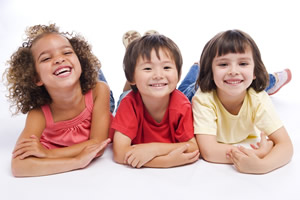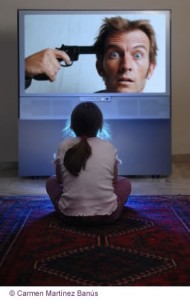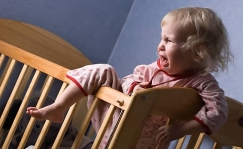 Children who can stay focused and don’t sweat the small stuff have a better shot at good health in adulthood — and this is especially true for girls, according to a new study. “Certain characteristics already evident early in life are likely to spark positive or negative emotions, and also influence biological and behavioral responses to stress,” said lead author Laura D. Kubzansky, PhD, of the Harvard School of Public Health. “Some traits may contribute to developing healthier behaviors and better social relationships, and ultimately more resilience in mid-life. [continue reading…]
Children who can stay focused and don’t sweat the small stuff have a better shot at good health in adulthood — and this is especially true for girls, according to a new study. “Certain characteristics already evident early in life are likely to spark positive or negative emotions, and also influence biological and behavioral responses to stress,” said lead author Laura D. Kubzansky, PhD, of the Harvard School of Public Health. “Some traits may contribute to developing healthier behaviors and better social relationships, and ultimately more resilience in mid-life. [continue reading…]
Childrens Health

istockphoto
Here’s a related study (to the previous post) on managing routine sleep problems in children, which can be a testing time for parents as well as being highly stressful for the child. Add a child with anxiety to the mix and a good night’s sleep for everyone can be elusive if not impossible.
Now a new study led by Associate Professor Jennifer Hudson, from the Centre for Emotional Health at Macquarie University published this month in the international journal, Behaviour Research and Therapy, sheds light on the sleep patterns of children diagnosed with anxiety, by comparing them to non-anxious children. The children in the study ranged in age from seven to twelve years old.
Most childhood problems associated with sleeplessness, such as delays going to sleep, night-time fears and difficulty sleeping alone, gradually resolve themselves as the non-anxious child ages. But for some children, anxiety about a range of issues leading to difficulty sleeping or falling asleep, may persist and can eventually cause more serious problems later in life if left untreated. Link to continue reading
Source: Macquarie University

© iStockphoto.com
